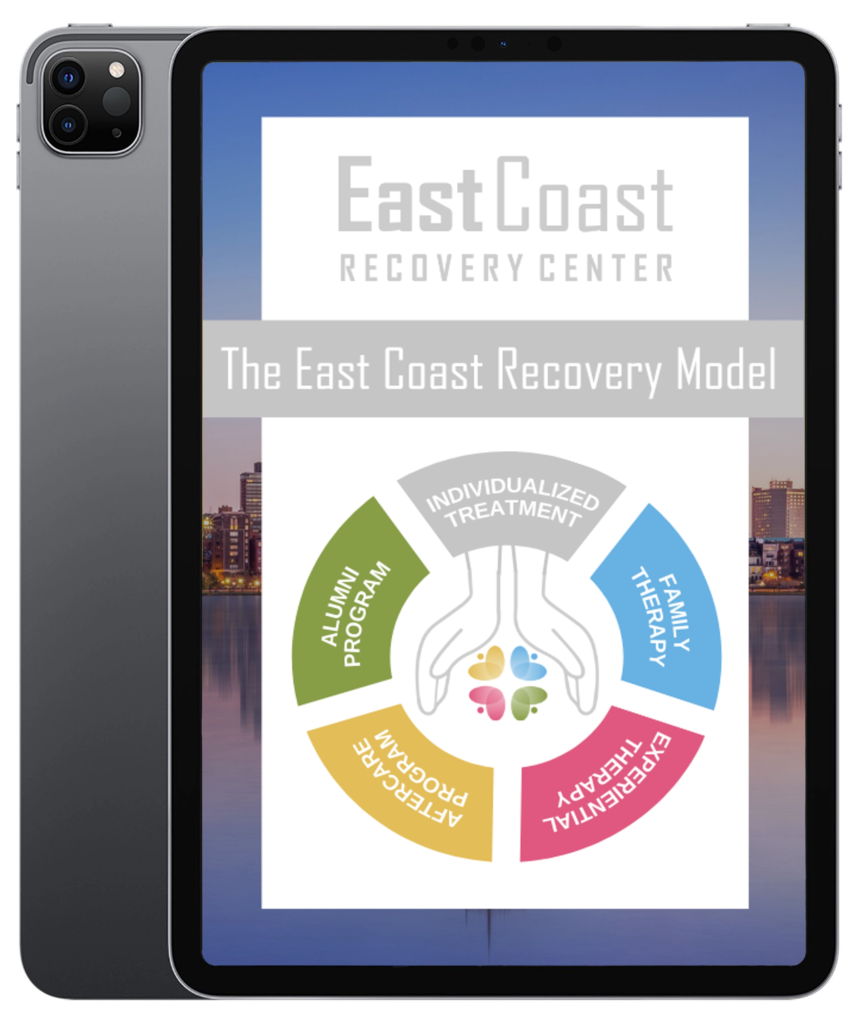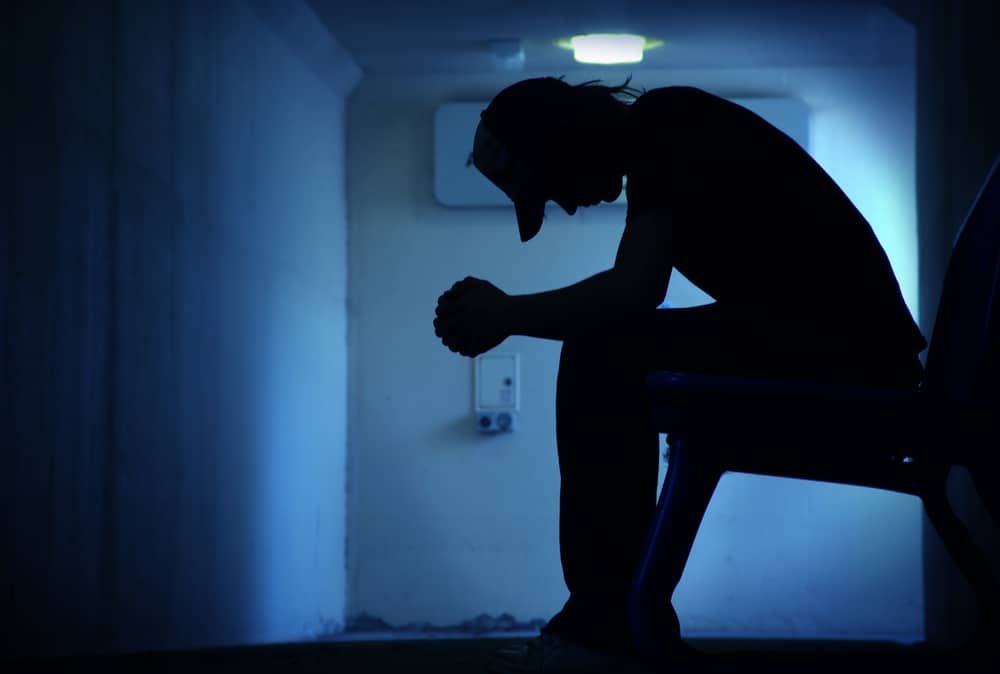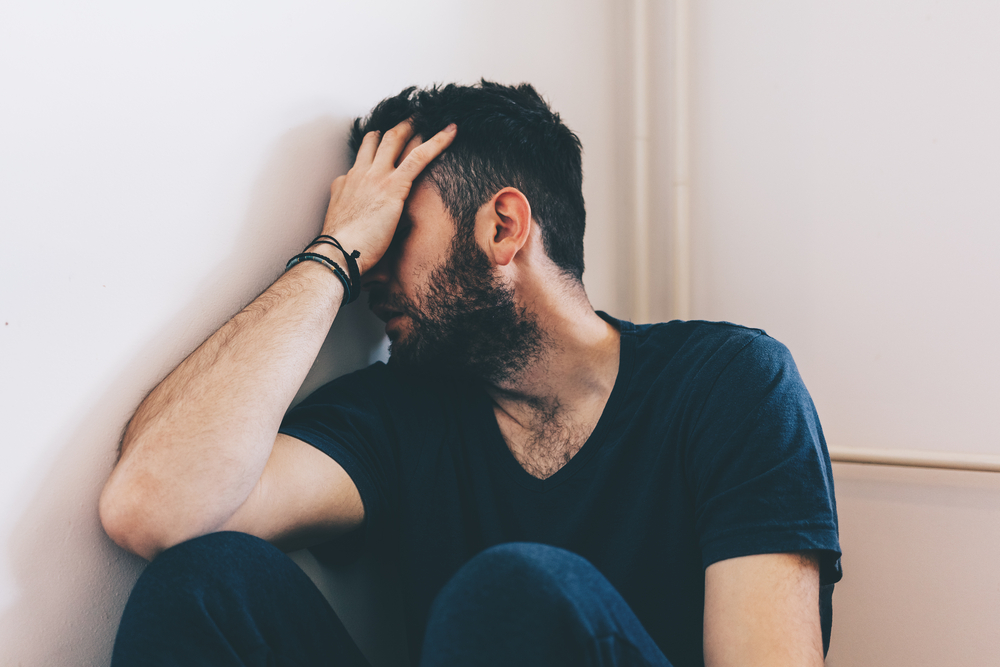Drug addiction is one of the most significant health and well-being crises in the United States, and Massachusetts is struggling with an exponential rise in opioid-related overdoses. The opioid epidemic has been increasing its grip on people in the state, but help is available, and anyone can overcome drug and alcohol addiction with support.
Ready to overcome opioid addiction? Opioid addiction treatment in Massachusetts can give you the tools and care necessary to navigate the addiction recovery process and rediscover freedom.
Addiction to opioids like heroin, fentanyl, and oxycodone is wreaking havoc in Massachusetts and beyond. In 2020, over 2,000 people died from an opioid-related overdose in the state; by 2022, this figure had increased to 2,290, which is an 8.8% increase. An even more alarming figure arises from comparing the number of opioid-related overdoses in 2000, which was just 375.
But this problem isn’t confined to Massachusetts. North America is facing an opioid epidemic that’s been growing since the 1990s. This led to doctors prescribing them liberally and increased access among the public. By 2017, a public health emergency was declared, but rates of addiction continue to rise despite addiction treatment and prevention efforts.
Massachusetts can give you the tools and care necessary to navigate the addiction recovery process and rediscover freedom.

Choosing whether to attend inpatient treatment or an outpatient program can be confusing. Generally speaking, inpatient rehab is reserved for the most severe emergencies, while different levels of outpatient programs cater to varying intensities of addiction and mental states.
The key to lasting recovery is finding a treatment program that works for you and doing your best to consistently take small steps towards a healthier life. Below is an outline of what you can expect from our drug addiction treatment program and the treatment services provided:
When an addicted person comes into our rehabilitation center, our first step is conducting a thorough medical assessment. We’ll get to know your medical history, ask you questions and do a medical exam so we can start preparing your opioid addiction treatment plan.
Day treatment is our highest level of care, providing full-time support to individuals with moderate to severe SUDs. In addition to participating in group and individual therapies, we offer dual diagnosis treatment, trauma-informed care, and family therapy if necessary. You’ll spend the majority of your weekdays with us, going home for evenings and weekends to be with your loved ones.
During our partial day treatment, you participate in the same recovery programs as day treatment but typically spend around 10 hours attending therapy and support services. This program is ideal for someone with time constraints who can’t attend day treatment, but it’s also a logical step down from inpatient care.
Medication-assisted treatment, or MAT, is a treatment option for individuals with opioid addictions. Medication-assisted treatment for opioid abuse, including heroin and some prescription painkillers, may be the most effective and safest form of treatment for people addicted to these substances.
Buprenorphine, methadone, and naloxone are used to treat opioid use disorders by reducing the cravings for short-acting opioids such as heroin, morphine, and codeine, as well as semi-synthetic opioids such as oxycodone and hydrocodone. MATs are thought to be safe for months, years, or even a lifetime in terms of reducing cravings for these substances. Y
Because we at East Coast Recovery take a whole-patient approach, a patient’s substance abuse should not be addressed solely by providing medications. MAT is used in conjunction with behavioral therapy to help the patient identify how to break the addiction cycle. Other forms of treatment that are often used in conjunction with MAT include group therapy sessions, 12-step programs, individual counseling, and family therapy.

Download Our FREE East Coast Recovery Model eBook
The initial and most crucial phase in overcoming cocaine dependence is seeking treatment, but it is just the beginning. Individuals typically spend 30 to 90 days in rehab, a brief period of time in comparison to the many years that follow. There are a variety of programs and resources that can help addicts remain clean after rehab and lower the risk of relapse. These include:

For many people, successful recovery is all about maintaining sobriety long-term. Addiction is a chronic disease, and our recovery program acknowledges that rehab is just the beginning of your journey. Aftercare is essential to recovery as it helps prevent complacency by providing you with the guidance and resources necessary to navigate the long-term healing process.
Addiction recovery looks different for everyone, and you must find the style of therapy and care that works best for you. Our team will work closely with you to design a customized care plan for the long, mid and short term.
Sobriety residences provide post-rehab opioid treatment. Sober living homes offer a supportive space where individuals can transition from treatment to independent living. Clients in sober living homes benefit from a more structured environment and can find support in a community centered around maintaining recovery.
Long-term success is the most important factor to consider when choosing a program. Most addicts require at least three months of treatment to become sober and establish a plan for continued recovery. The greatest results are usually achieved with longer treatment programs.
A 30-day treatment program is an excellent way to begin treatment. Because you may not know how long you’ll need to remain in treatment, this program will help you determine whether you should proceed to a longer program. This will also help you deal with any physical withdrawal symptoms you may have and enable you to begin establishing relapse-prevention strategies.
When you enroll in a 60-day treatment program, you have the time and support necessary to thoroughly detox from opioids, as well as to address any familial, behavioral, or situational issues that may have contributed to your addictive behavior. With a 60-day timeframe, you will also begin practicing positive, healthy habits to maintain sobriety.
90-day programs result in higher probabilities of abstinence in recovery, as previously stated, and have the highest success rates of the three. During this program, you will receive an introduction and assessment, detox, therapy, and aftercare planning. You‘ll be able to build up your resistance to future temptations and identify any potential triggers by committing to a 90-day program. It is also suitable for people with long-term or serious opioid addictions.
The cost of a rehab program will vary depending on the specific individual’s treatment program. Most rehab facilities offer payment plans or alternatives that help make treatment accessible for all budgets.
After the passage of the Affordable Care Act in 2010, most insurance companies began covering drug and alcohol treatment in some capacity. Many insurance plans now offer very low co-payments for treatment. An accredited rehab facility can help individuals verify insurance benefits during a consultation. Patients may also contact their insurance company directly.
According to the National Institute on Drug Abuse, every dollar invested in drug abuse treatment programs yields a return of between $4 and $7 in reduced drug-related crimes, stolen or damaged property, and criminal justice expenses.
Anyone struggling with opioid addiction will benefit from going to rehab. Those who have had addiction issues know how tough it is to deal with them on their own, and rehabilitation provides the assistance necessary for a successful recovery. Rehabilitation employs individualized, evidence-based treatment plans to assist patients in identifying and eliminating the underlying factors that triggered their addiction. In addition to eliminating their opioid dependency, those attending addiction treatment will also learn the fundamental skills for establishing a healthy, productive, and happy life.
If you or a loved one are worried about opioid addiction after using opioid drugs for pain relief, injury, operation, or disease, you can take steps to prevent it. These strategies will assist you to stay on a safe path.
According to the Centers for Disease Control and Prevention (CDC), you should begin by collaborating openly with your physician to create a pain-management program that takes into account all alternatives for treating pain and their side effects. You should also discuss all of your concerns with your doctor honestly.
All alternatives to opioids should be considered. Studies have shown that nonsteroidal anti-inflammatory drugs (NSAIDs) like ibuprofen can be effective for treating acute pain, for example.
The National Institute on Drug Abuse advises that you carefully read the opioid labels and follow the instructions provided, especially regarding dosage and frequency, avoid mixing opioids with alcohol or other sedating drugs like Xanax or Ambien, keep opioids securely and do not share or resell them, and inform your physician immediately if you experience adverse side effects.
The primary function of opioids is pain relief, which happens because pain signals between the brain and body are blocked. Opioids include heroin, methadone, oxycodone, and tramadol. While these medications have legitimate clinical use, there’s a high risk of opioid dependence if misused or abused.
In addition to physical pain relief, they offer mental and emotional relief and can induce euphoria and feelings of intense well-being. These sensations make them highly addictive, and they’re so similar to endorphins within the body that it quickly adapts to their presence, causing physical dependence.
Like other drugs, opioids can contribute to the onset of mental health issues — but many people use them to self-medicate. No matter what your motivations for taking opioids are, you deserve attention and help and are worthy of recovery. Addiction isn’t a choice — it’s a diagnosable, treatable disorder, and addiction treatment can help you gain control over your symptoms.
Opiates and opioids are among the most significant contributors to overdose deaths. Opiates are naturally derived prescription pain medications, while opioids are semi-synthetic or artificial substances created in a laboratory that mimic their natural opiate counterparts. The mu receptor in the brain binds to addictive euphoric poppy-derived drugs and releases endorphins and dopamine, which leads to intense euphoria and pain relief. Opioids and opiates vary in their potency, application, and half-life. Common opioids and opiates of abuse include:

If you’re worried that you or someone you love is struggling with a substance use disorder and might need to seek treatment, there are signs of opioid addiction you can look out for, including:
Regularly using more than the prescribed dose or explicitly using it to make you feel a certain way
Taking the drug just in case, even though there are no symptoms to relieve
Mood swings
Extremely (often uncharacteristically) relaxed state of body and mind
False or increased confidence
Slowed breathing
Itchiness
Lack of motivation
Vomiting and nausea
Blurred vision
Digestive issues
Weight loss
Hallucinations and delusions
Euphoria
If you or a family member is struggling with opioid drugs, you should seek substance abuse treatment as soon as possible. Symptoms of opioid addiction include:
Intense cravings
Switching between agitation and euphoria
Abandonment of responsibilities
Overdose
Vein damage
Signs of mental illness such as anxiety and depression
Insomnia
Severe constipation
Liver damage
Acute withdrawal is the initial period that occurs during detox. It starts several hours after you stop using heroin or other opiate substances and usually lasts up to two weeks. Depending on how severe and heavy your substance abuse issue is, you might experience long-term withdrawals lasting between several months and several years. Heroin withdrawal symptoms include:
Restlessness
Muscle aches and pains
Tearing up
Anxiety
Sweating
Runny nose
Frequent yawning
Insomnia
An overwhelming sense of dread
Addiction treatment programs provide medication and a comfortable, safe environment to minimize the risks and discomfort associated with opioid substance abuse.
Yes, opioid overdose can cause slowed breathing, which can result in hypoxia—a deficiency of oxygen reaching the brain. Hypoxia may cause brain injury or death as a result of psychological or neurological issues. Opioids frequently cause overdose death because once consumed, they function in a way that is detrimental to the body.
Many areas of the human body, including the brain, central and peripheral nervous systems, and the gastrointestinal tract, have opioid receptors. When opioids are consumed, these receptors are activated, which slows down the body’s functioning. The body becomes overwhelmed by opioids when all of these receptors are blocked. An overdose will occur if the body cannot perform other functions. If someone has overdosed on opioids, it may slow down a person’s breathing to the point of stopping it. Opioids vary in their severity. Someone who has consumed Heroin will feel the effects of an overdose within a few minutes, while someone who uses Fentanyl will feel it within seconds.
Opioid use can have severe health, social, and economic consequences if left untreated. Using heroin may increase your risk of contracting HIV, hepatitis, and other diseases because of needle sharing and other risky behavior associated with its use. Injecting drugs can cause scarred or closed veins, as well as bacterial infections of the blood and heart. Furthermore, heroin may also cause an infection and clog blood vessels leading to the kidneys, liver, lungs, and brain, all of which may be infected as a result of the added contents.
Breathing can be slowed, lung airflow diminished, and asthma worsened as a result of opioids. Pneumonia and tuberculosis are common among chronic heroin users as a result of their poor overall health and the drug’s respiratory effects. Opioids are also frequently associated with irregular heart rate and heart attack.
Being part of an opioid addiction support group in Boston, Massachusetts can help individuals remain on the road to recovery. A list of local support groups can be found on resources such as the Narcotics Anonymous website.
We can help if you’re addicted to opioid drugs or other substances and live in Cohasset, MA, by:
Facilitating a safe, comfortable environment with all the resources you need to begin healing
Providing comprehensive care from qualified, compassionate addiction professionals
Partnering with most insurance plans to help you cover the cost of substance abuse treatment
Click to see if your insurance will cover opioid addiction treatment program at our treatment center.











